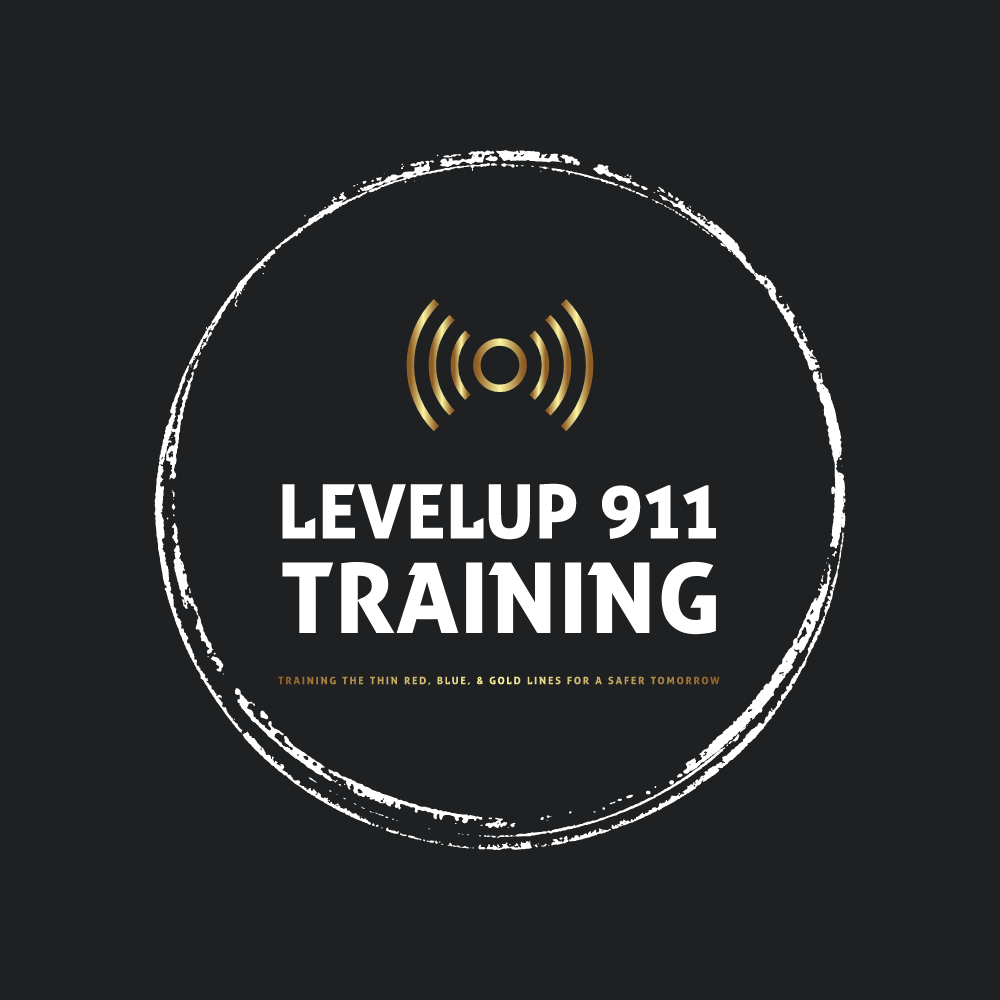Mental Health 911:
Identifying and Responding to Crisis
Course Overview:
In this course, we will explore the mental health challenges faced by the individuals we interact with daily. You will learn how to recognize signs and symptoms of various mental health conditions, including Schizophrenia, Bipolar Disorder, Obsessive-Compulsive Disorder (OCD), Depression, Autism Spectrum Disorder, and more.
In the afternoon session, our focus will shift inward—to our own mental health as telecommunicators and first responders. We will address the elevated risk of suicide within our profession and discuss how to recognize warning signs in ourselves and our colleagues. The course also covers the symptoms and impact of conditions such as Post-Traumatic Stress Disorder (PTSD), Complex PTSD (C-PTSD), and other mental health challenges that are common in high-stress roles.
This is a nationally recognized and highly regarded course, known for its relevance, depth, and practical application.
Course Objectives / Reasons to Take This Course:
Enhance your ability to identify mental health conditions such as Schizophrenia, Bipolar Disorder, OCD, Depression, Autism Spectrum Disorder, and more in the individuals you serve daily.
Gain tools to respond more effectively and empathetically to callers experiencing mental health crises.
Understand the unique mental health risks faced by telecommunicators and first responders, including the heightened risk of suicide.
Recognize the signs and symptoms of PTSD, C-PTSD, and other stress-related disorders within yourself and your colleagues.
Build self-awareness and resilience by exploring strategies to support your mental wellness in a high-stress profession.
Learn how to intervene early when warning signs of mental health struggles appear in the workplace.
Receive training from a nationally recognized course known for its practical application, relevance, and impact in the public safety field.


